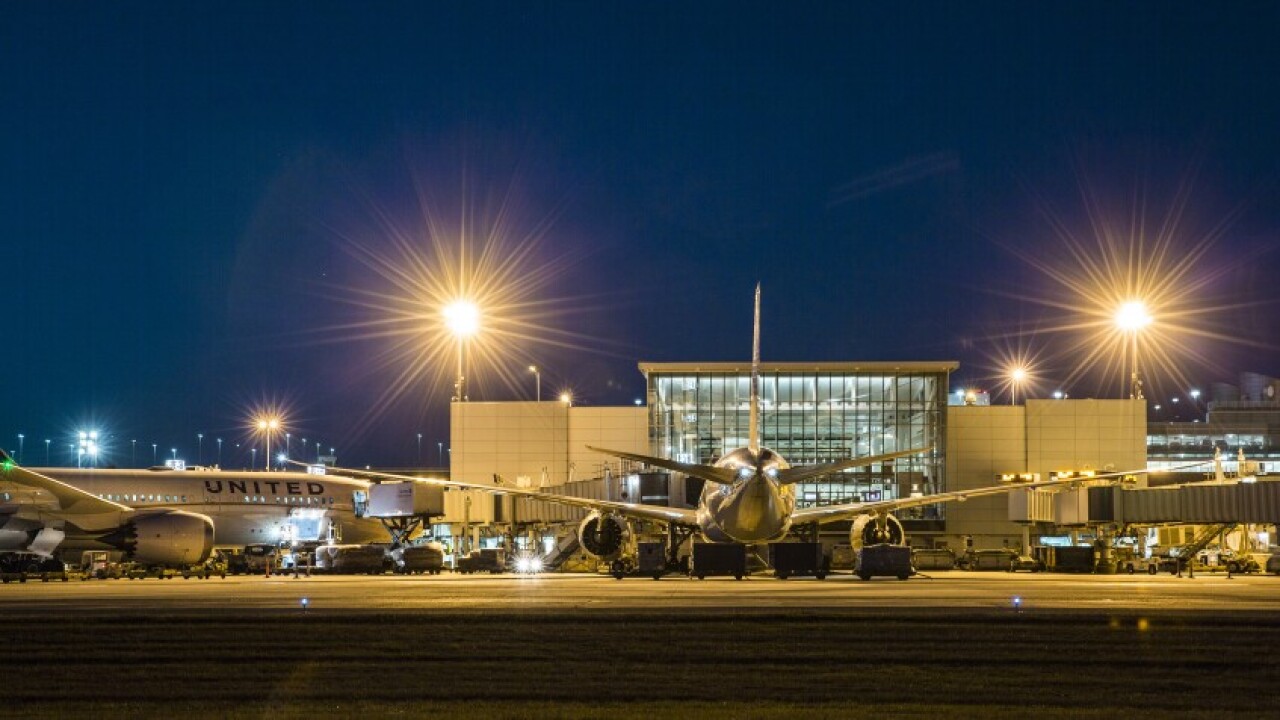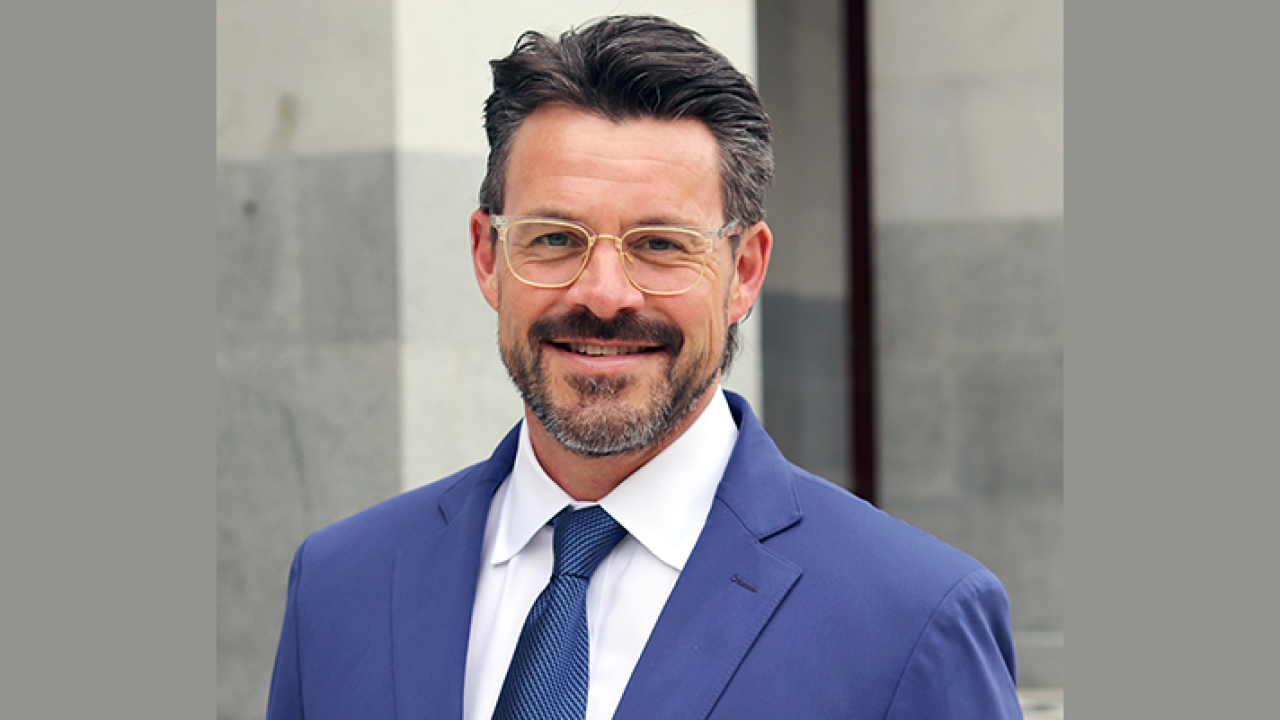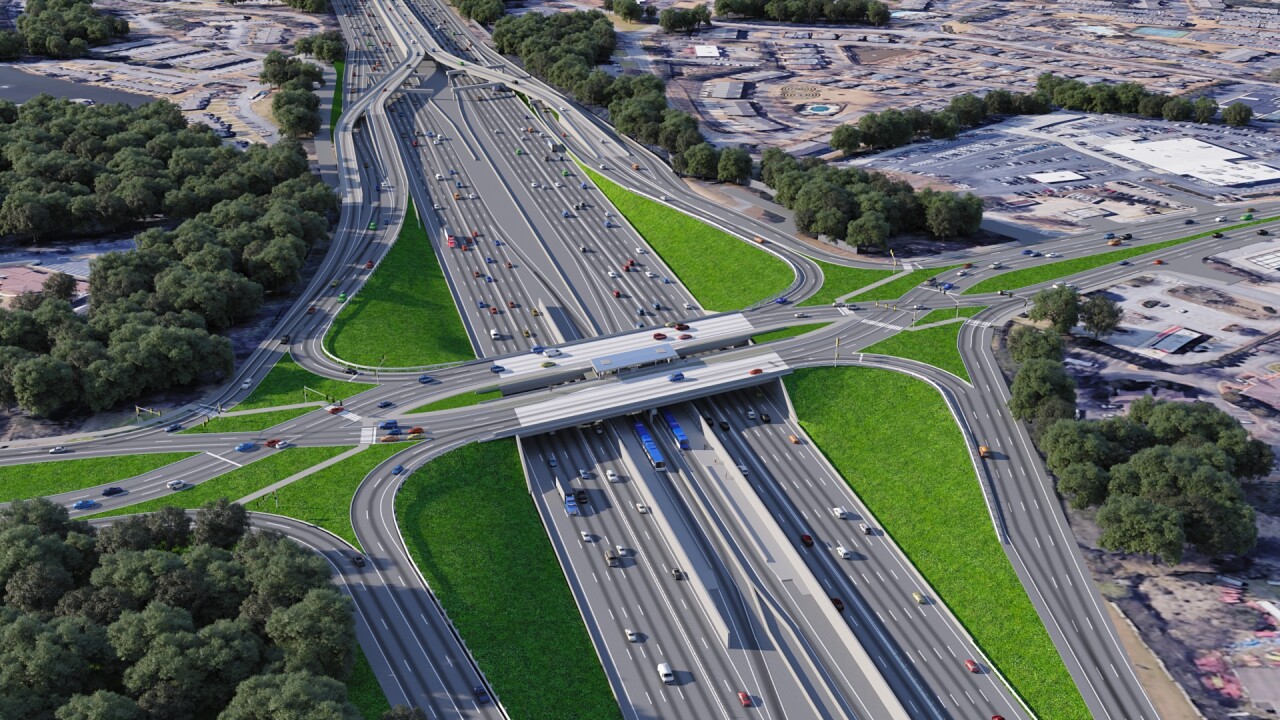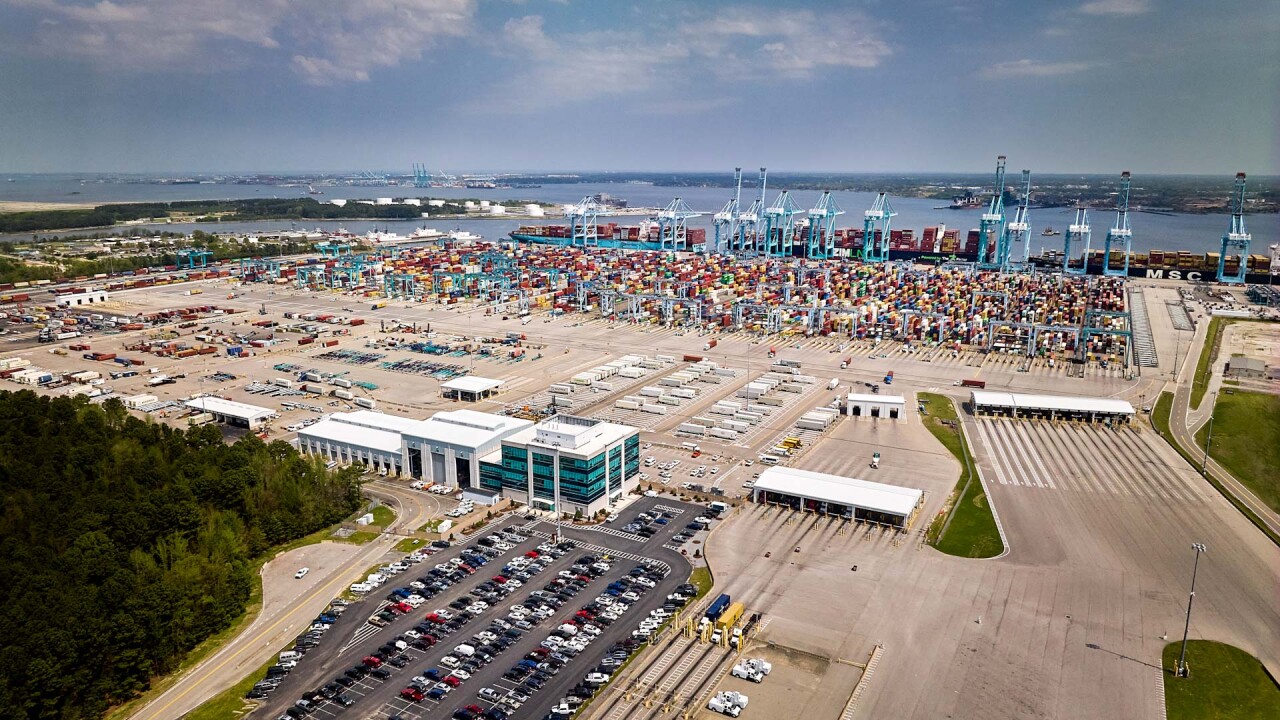
The federal government shutdown and the Trump administration's financial manipulations to keep paychecks flowing to the military is raising questions on Capitol Hill about tapping a trust fund to keep planes on schedule.
"What stops the FAA from following suit and reprogramming funds from accounts like the Airport and Airways Trust fund to pay air traffic controller salaries and or solicit donations from industry?" said Sen. Tammy Duckworth D - Ill.
The question was posed during a Senate Committee on Commerce, Science & Transportation hearing on Wednesday.
The Aviation Trust Fund is fed by excise taxes on tickets, travel miles, international arrivals and departures, cargo and fuel. Unlike the Highway Trust Fund, the Airline equivalent had a healthy cash balance of $18.1 billion at the end of fiscal 2024, according to Federal Aviation Administration.
As Congress lurches through the budget appropriations process, questions arise about how and where air travel infrastructure funding, which often relies on private activity bonds, should be spent.
"Senate appropriators passed the THUD (Transportation Housing and Urban Development) bill in July by a vote of 27 to 1," said Sen. Jerry Moran R-Kansas.
"We provided the Department of Transportation nearly $26 billion and the FAA nearly $20 billion between their operations and facility and equipment accounts which fund air traffic control and modernization activities."
In March Moran has also reintroduced the Aviation Funding Stability Act that would allow the FAA to tap the trust fund during lapses in federal funding. The House came onboard in September with a companion bill.
While all parties seem to agree on ways to keep the planes flying on schedule, the air travel agency and the engineering community are looking for a lot more money.
The American Society of Civil Engineers awarded the aviation sector with a D+ grade on its infrastructure report card finding fault with a Passenger Facility Charge that hasn't been raised since 2001.
According to the ASCE, "the continued failure to raise the cap on the Passenger Facility Charge represents a missed opportunity, because the projected funding gap is $114 billion over the next 10 years and additional resources will be needed to address this deficit.
Some industry insiders believe that plugging the bottomless hole of air travel upgrades will never be filled by government spending.
"Now is the time for policymakers to think seriously about protecting air travel from the next government shutdown, because there are sure to be more," writes Bob Poole, director of transportation policy, for the Reason Foundation.
"The most effective means to that end is to do what nearly 100 other countries have done since 1987, de-politicize air traffic control."
The Reason Foundation is a libertarian think tank but examining options to move the air traffic controller functions out of government control has also showed up in the opinion page of the Wall Street Journal.
"This is a ludicrous way to run the air transportation system of any country, much less the richest and most powerful one in the history of the planet," the paper's editorial opined. "The answer is to hand off the job of air-traffic control to a nonprofit funded by user fees instead of taxes."
Moving a government supported industry towards a nonprofit or for-profit user fee supported industry could spur revenue bond sales but also carries an opposition to privatization.
"The meme is out there that "privatization" means "profits" and "control by airlines," writes Poole.
"This does not reflect the situation in any of the nearly 100 countries that now receive air traffic control services from air navigation service providers organized as public utilities, the vast majority of which are government corporations funded by ATC user fees."





